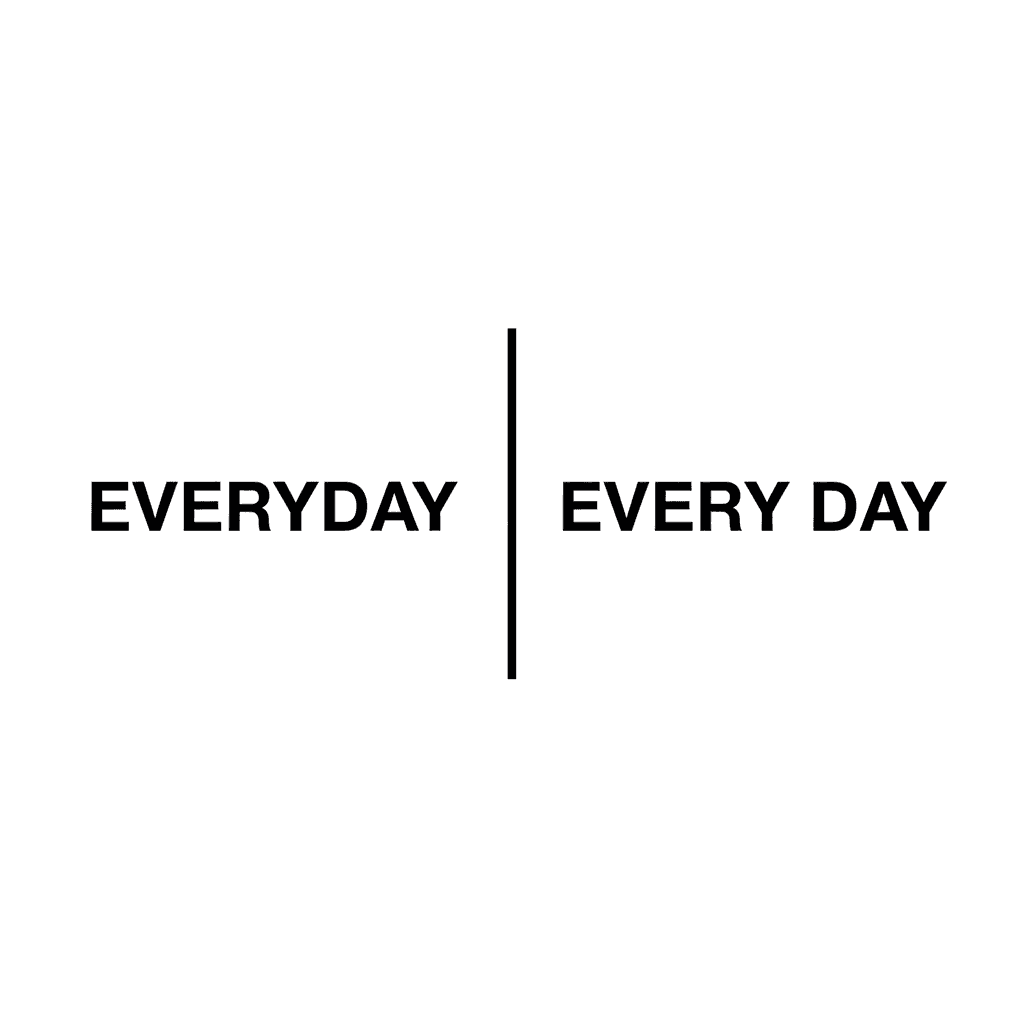Everyday vs. Every Day: What’s the Difference?
 Everyday and every day may look similar, but they aren’t the same.
Everyday and every day may look similar, but they aren’t the same.
Here’s the quick difference:
- Everyday = adjective → means ordinary or common.
- Every day = adverb phrase → means each day.
Let’s break that down with examples and tips.
Everyday: Used as an Adjective
Meaning
“Everyday” is a single word and works as an adjective to describe something ordinary, typical, or routine.
It usually comes before a noun.
Examples (10 total)
- These are my everyday shoes.
- Coffee is part of my everyday routine.
- We deal with everyday problems at work.
- The artist found beauty in everyday life.
- Cooking dinner is an everyday activity for her.
- Reading the news is an everyday habit.
- He likes to wear everyday clothes, not fancy ones.
- Stress is an everyday part of modern life.
- Smiling can make your everyday moments brighter.
- Music adds joy to everyday living.
🧠 Tip:
If it describes something normal or usual, use everyday (one word).
Every Day: Used as an Adverb Phrase
Meaning
“Every day” (two words) means each day.
It tells you how often something happens — describing time or frequency.
Examples (10 total)
- I drink coffee every day.
- She goes jogging every day before work.
- We talk on the phone every day.
- He practices piano every day.
- The shop is open every day.
- I learn something new every day.
- They post updates every day on social media.
- We check our emails every day.
- You should brush your teeth every day.
- She writes in her journal every day.
🧠 Tip:
If you can replace it with “each day,” it’s every day (two words).
Quick Comparison Table
| Word / Phrase | Part of Speech | Meaning | Example |
|---|---|---|---|
| Everyday | Adjective | Ordinary, common, typical | These are my everyday clothes. |
| Every day | Adverb phrase | Each day, daily | I wear these clothes every day. |
How to Remember the Difference
👉 Everyday = One word = describes something.
👉 Every day = Two words = tells when something happens.
💡 Memory Trick:
If you can put each day in its place, use every day.
If it goes before a noun, use everyday.
Common Mistakes
❌ I go to work everyday.
✅ I go to work every day.
❌ These shoes are for every day use.
✅ These shoes are for everyday use.
Why Writers Mix Them Up
Because they sound the same, even native speakers confuse them.
The key difference lies in function — adjective vs. adverb.
Even AI writing tools can get this wrong, which is why Humanizey helps fix subtle language mistakes automatically, making your text sound perfectly natural.
FAQs
1. Is “everyday” one word or two?
Both exist! But their meanings differ — everyday (adjective) vs. every day (adverb phrase).
2. Can I say “everyday life”?
Yes! That’s correct — it means “ordinary life.”
3. Which one means “daily”?
Every day means daily — as in “I study English every day.”
4. Can I use “everyday” at the end of a sentence?
Not usually, because everyday describes a noun. You’d say:
❌ I do this everyday. → ✅ I do this every day.
Practice: Choose the Correct Form (“Everyday” or “Every Day”)
(Answers are listed at the end.)
- I wear these sneakers ___ to work.
- Good communication is part of ___ life.
- She practices yoga ___ to stay healthy.
- Reading the newspaper is his ___ habit.
- We eat breakfast together ___ before school.
- These are my ___ clothes, not my fancy ones.
- He checks his email ___ without fail.
- Stress is a normal part of ___ living.
- I see her ___ on the train.
- Laughter brightens our ___ moments.
Answers
- every day
- everyday
- every day
- everyday
- every day
- everyday
- every day
- everyday
- every day
- everyday
